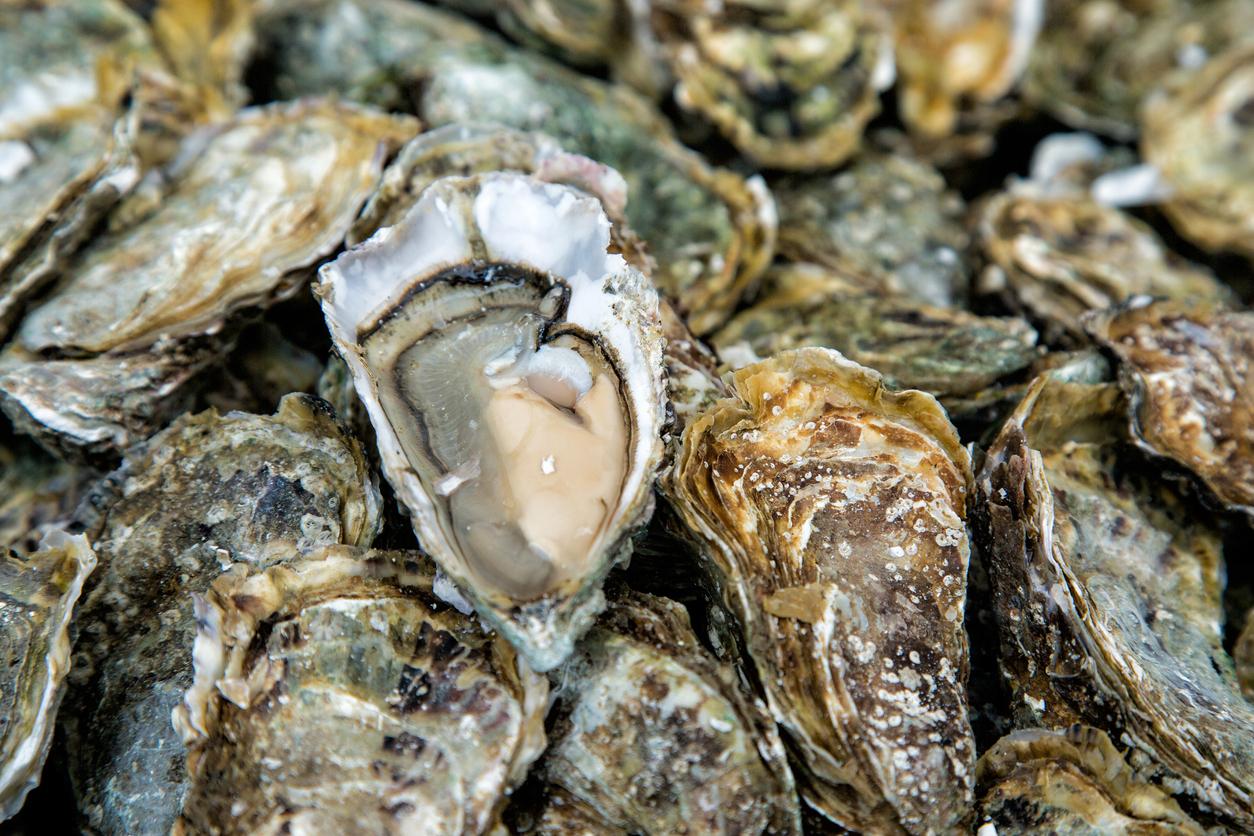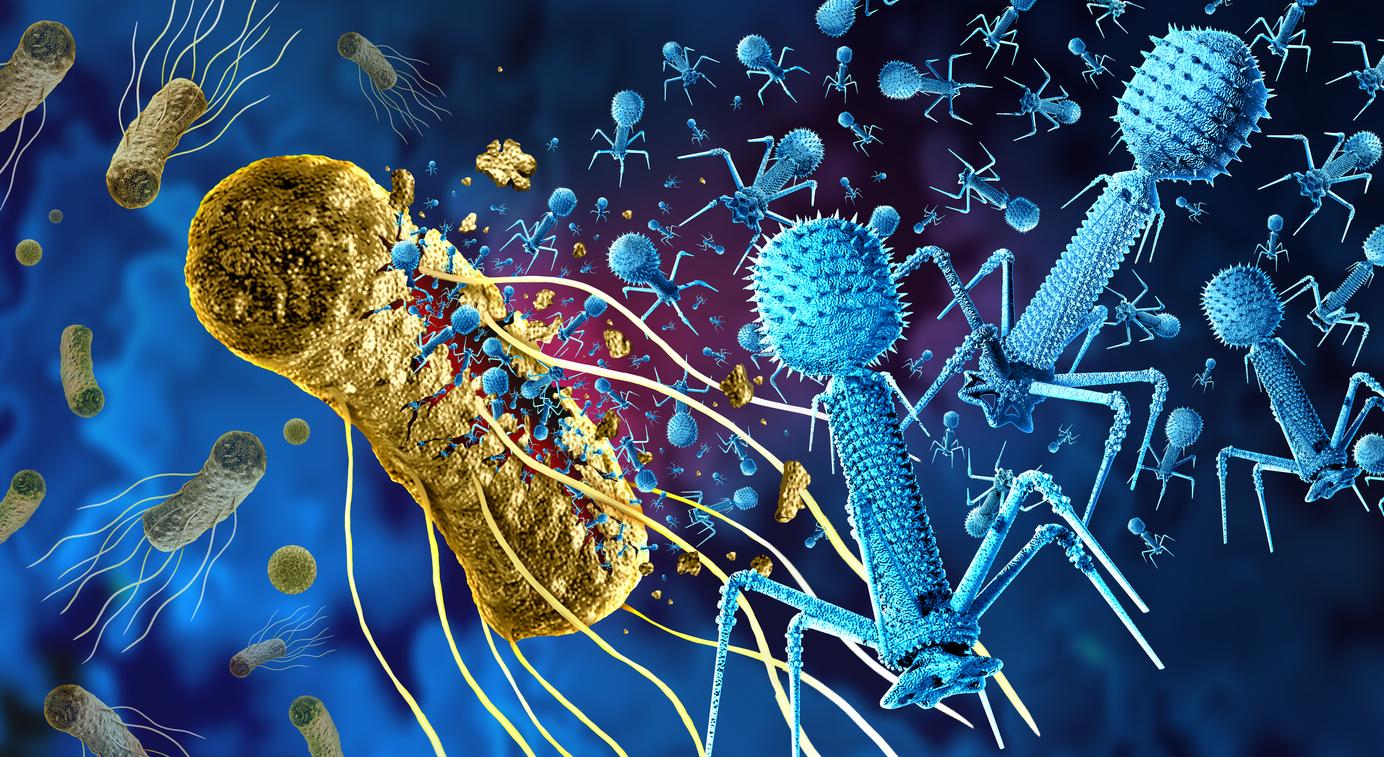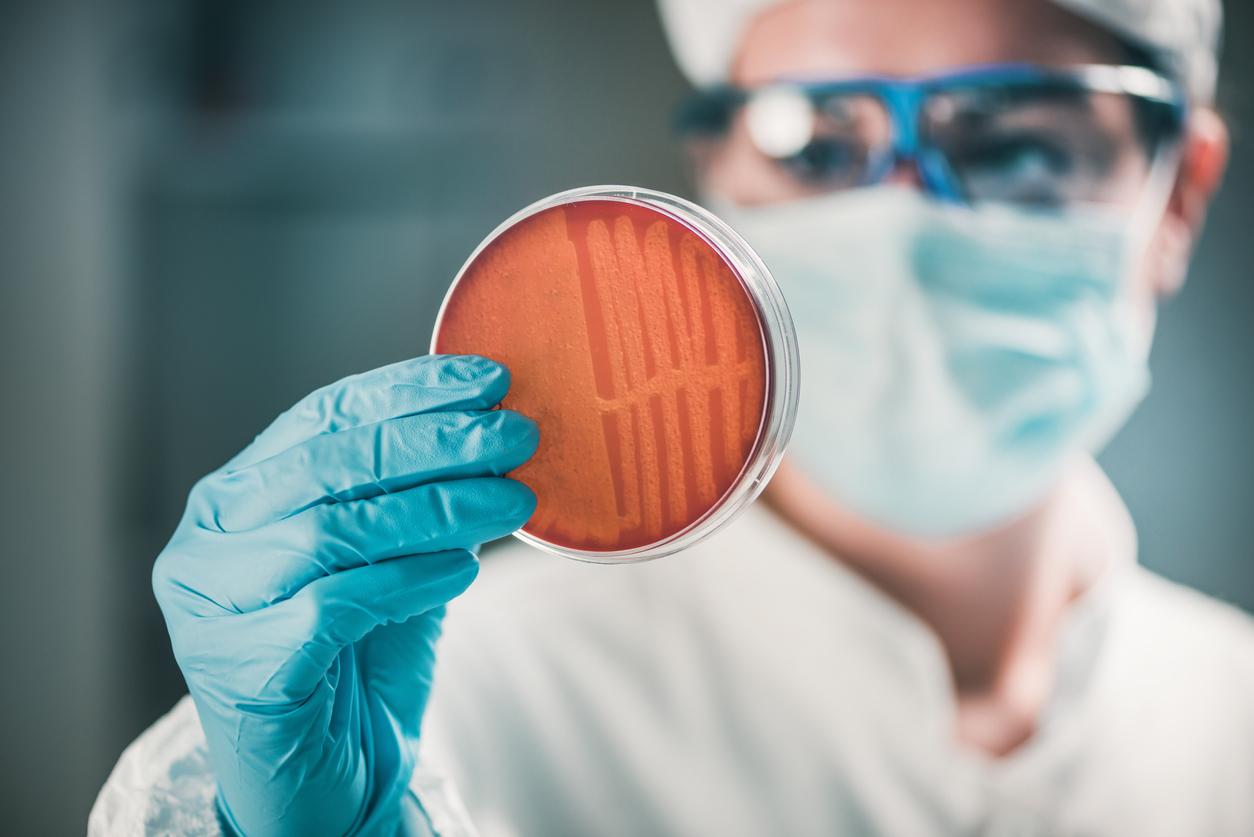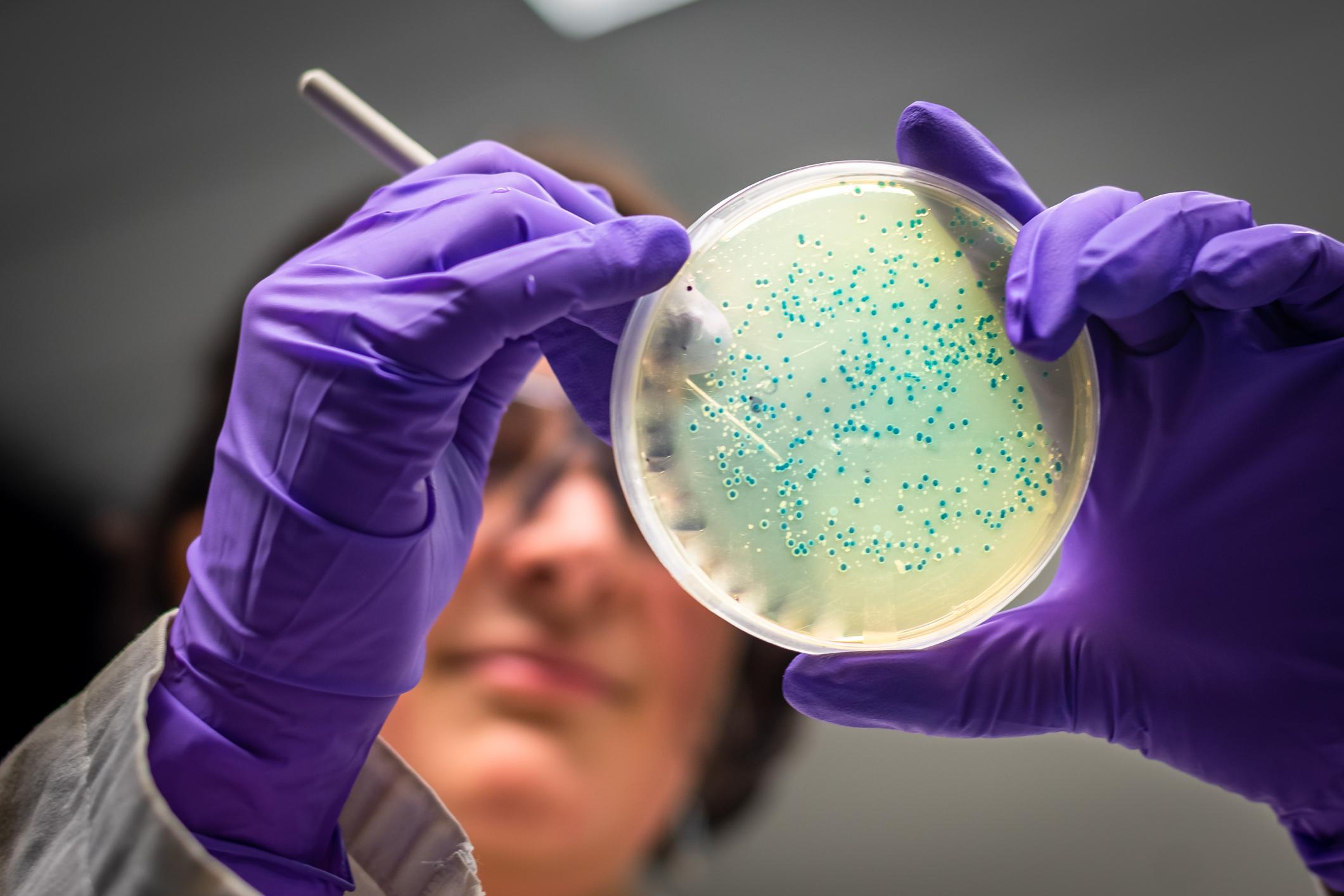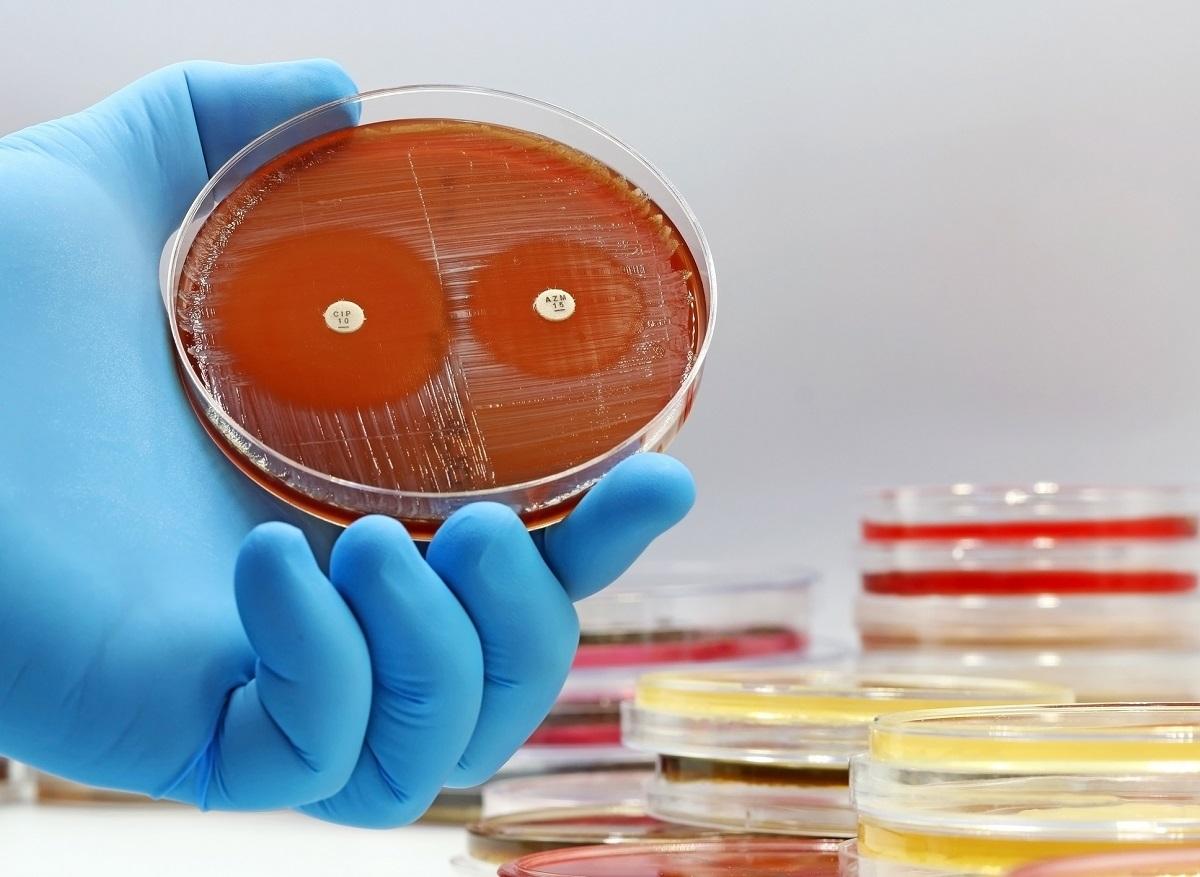Faced with the threat posed by bacteria resistant to antibiotic treatments, researchers are now relying on bacteriophage viruses to eliminate them.
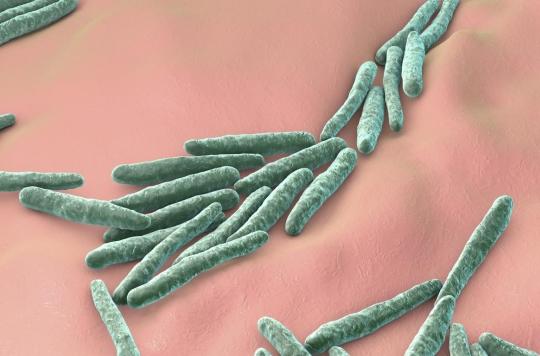
- Researchers have identified a bacteriophage virus called “Muddy” that destroys Mycobacterium abscessus, a particularly dangerous pathogen for people with cystic fibrosis.
- Tested on zebrafish, Muddy showed conclusive results, decreasing the severity of the infection and the number of lung abscesses, and increasing the survival rate to 40%.
- But its effectiveness is further optimized when combined with the antibiotic rifabutin: the survival rate of fish is then increased to 70%.
It is a looming threat, against which the World Health Organization (WHO) has been trying to warn for several years: the worsening of the antibiotic resistance of pathogenic bacteria which could cause new pandemics in the years to come. “We are seeing this spreading and we are running out of effective antibiotics against these resistant bacteria”thus worried in January 2020 Peter Beyer, of the Department of Essential Medicines of the health agency attached to the UN.
Among these dangerous bacteria is Mycobacterium abscessus. Akin to those that cause tuberculosis and leprosy, this bacterium is responsible for particularly severe damage to human lungs and can be resistant to many standard antibiotics, making infections extremely difficult to treat.
But all is not lost. In an article published in the journal Disease Models & Mechanismsresearchers from the University of Montpellier and the University of Pittsburgh, in the United States, shed light on the bacteriophage effects of a new combined therapy, composed of a virus and an antibiotic and which would be particularly effective against infections with M. abscessus.
Muddy, a bacteria-killing virus
Initially, the Pittsburgh team had identified one bacteriophage in 10,000, called “Muddy”, which effectively kills bacteria in a Petri dish and which could be a candidate for the treatment of these infections in humans. However, the team wanted to find an alternative to test their new therapy in patients, especially those with cystic fibrosis, who are particularly vulnerable to infections with M. abscessus.
They therefore tested their new combination therapy with zebrafish carrying the genetic mutation that causes cystic fibrosis. Zebrafish have been infected with a form of M. abscessus resistant to antibiotics from a patient with cystic fibrosis.
At the end of the 12 days of monitoring, the scientists found that the zebrafish that had been genetically modified but had not received the combined treatment developed serious infections with abscesses. Only 20% survived. On the other hand, in fish infected after injection of bacteriophage Muddy, the infections proved to be much less serious. They also had fewer abscesses and a higher survival rate of 40%.
A 70% survival rate thanks to the combined treatment
The second stage of the work consisted of looking for an antibiotic to combine with Muddy. The researchers then discovered that rifabutin could treat the infection M. abscessus as effectively as bacteriophage alone. After identifying rifabutin, the French team led by Pr Laurent Kremer treated the infected fish for 5 days with the antibiotic and the bacteriophage. With this combination treatment, the fish infections were much less severe, their fish survival rate increased to 70% and they suffered from far fewer abscesses. This is a dramatic improvement over fish treated only with the antibiotic, which had a 40% survival rate.
Now, the study authors hope to be able to use this treatment in patients with cystic fibrosis and infected with M. abscessus. “We need clinical trials, but many more questions will need to be answered on our way […] and zebrafish is a very useful tool to move these issues forward.”says Graham Hatfull of the University of Pittsburgh.
.








